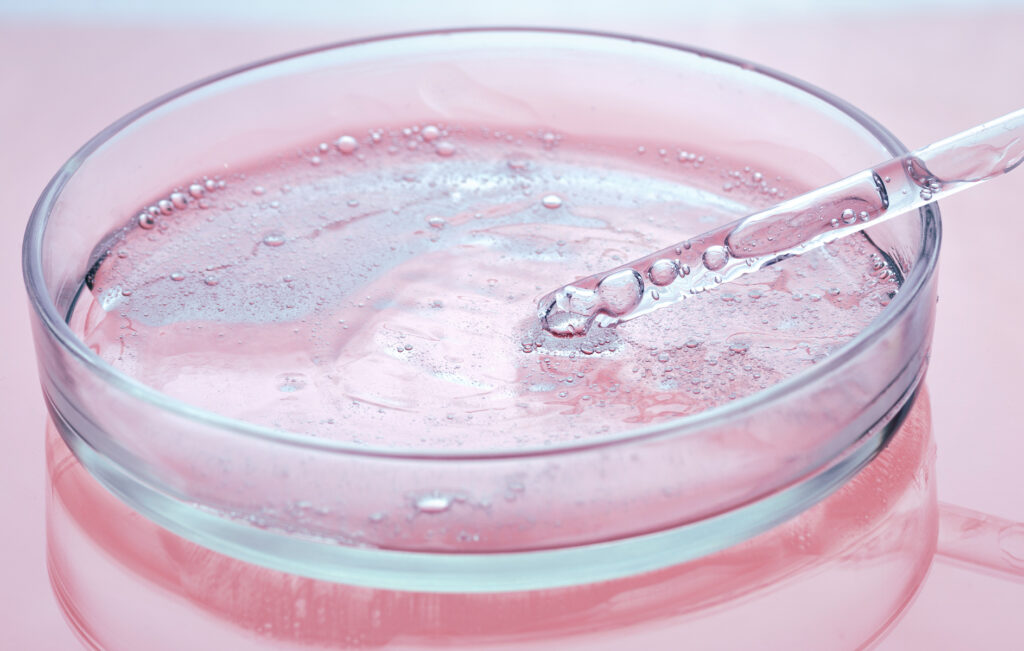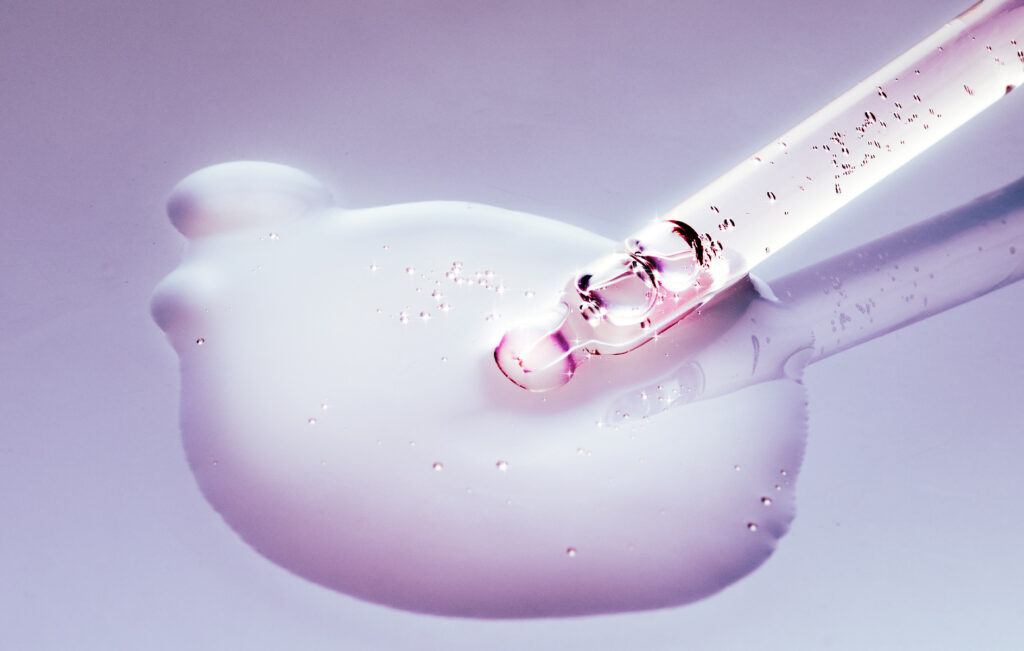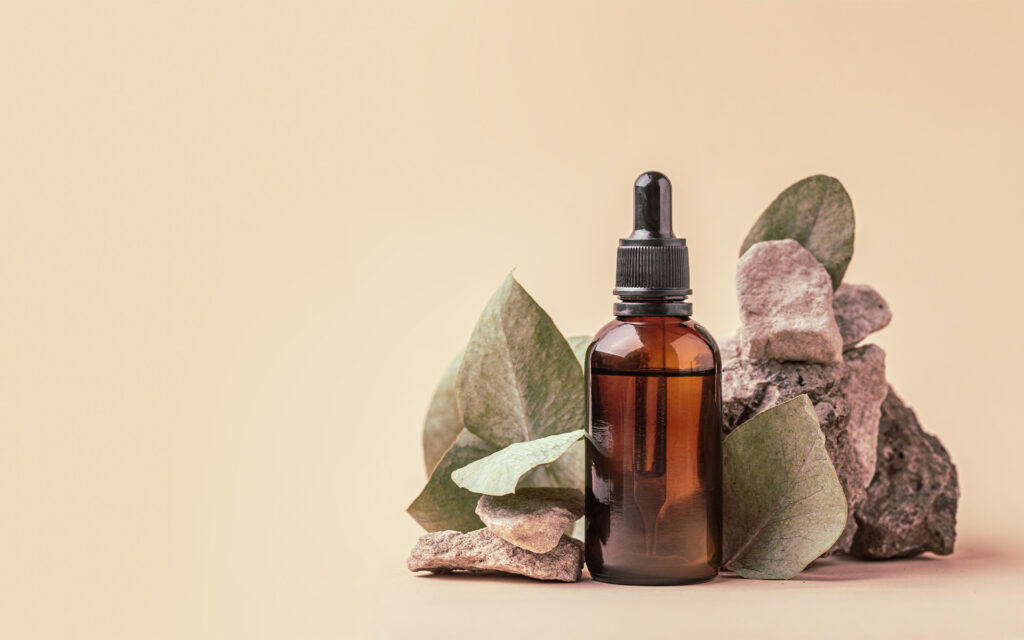Have you ever heard of propylene glycol?
It is presented as a transparent and usually odorless liquid that is made in the laboratory by transforming petroleum derivatives. Prolonged inhalation can lead to irritation of the airways resulting in coughing.
Its molecular structure resembles a puppy made with balloons and sells for € 7.50 per liter.
You will be surprised to know that it is used very often in the world of cosmetics, pharmaceuticals, and even in the food industry. The good news is that there is an all-natural green glycol alternative. Once again, the plant world comes to help us supported by biotechnologies that adapt to our needs to offer alternative green glycol.

Examples and applications
It is an important ingredient in many body and face creams because it hydrates the skin and prevents aging thanks to its moisture-retaining properties.
In the pharmaceutical industry, it can be found in coated pills, pills, and gel capsules.
Also used as a thickener, it is introduced, for example, in ice cream, fresh cheeses, and aromatic sauces.
Electronic cigarettes, very popular in recent years, contain glycol that helps prevent mouth dryness.
Smoke bombs used in the film industry and concerts also contain this element.

Eco-friendly alternatives
As we have seen, the uses are varied, but as it is not a natural product, let us analyze the alternatives that are being used.
An alternative is using natural vegetable propylene glycol, obtained from vegetable glycerin that comes from rapeseed oil, an oil that is extracted from the seeds of this plant.
Another idea is propanediol, known as vegetable glycol, derived from corn sugar. It has greater moisturizing power than natural vegetable glycol and petroleum glycol, but it is also the most expensive on the market.

Cosmetic companies that recognize the importance of replacing this element use vegetable oils (such as rapeseed oil mentioned above) or essential oils instead.
Vegetable oils are extracted from the seeds or grains of fruits and plants, the most common being those of flax, coconut, and argan, while essential oils are derived from the steam distillation of aromatic plants.

These alternatives, 100% renewable and free of Vaseline, obtained with low greenhouse gas emissions and energy consumption and with good biodegradability, are a great turning point for the health of the human body and our wonderful planet that need, on our part, more attention and sensitivity.





